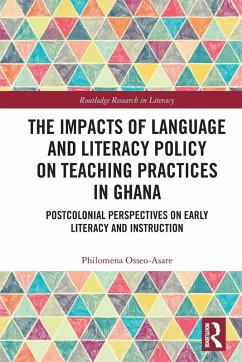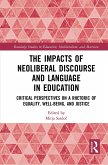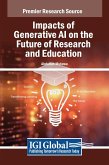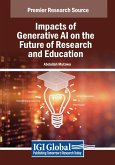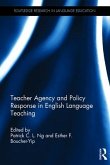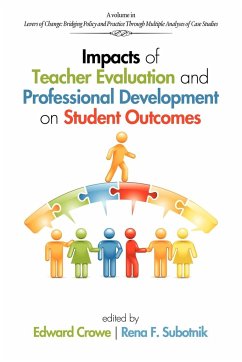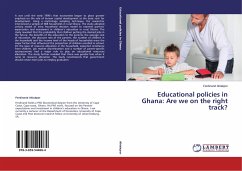This text critically examines changes in Ghanaian language and literacy policy following independence in 1957 to consider its impacts on early literacy teaching. By adopting a postcolonial theoretical perspective, the text interrogates the logic behind policy changes which have prioritised English, local language, or biliteracy. It draws on data from interviews with teachers and researcher observation to demonstrate how policies have influenced teaching and learning. Dr Osseo-Asare's findings inform the development of a conceptual framework which highlights the socio-cultural factors that impact the literacy and biliteracy of young children in Ghana, offering solutions to help teachers combat the challenges of frequent policy changes. This timely monograph will prove to be an essential resource not only for researchers working on education policies, teacher education, and English-language learning in postcolonial Ghana but also for those looking to identify the thematic and methodological nuances of studying literacy and education in postcolonial contexts.
Hinweis: Dieser Artikel kann nur an eine deutsche Lieferadresse ausgeliefert werden.
Hinweis: Dieser Artikel kann nur an eine deutsche Lieferadresse ausgeliefert werden.

